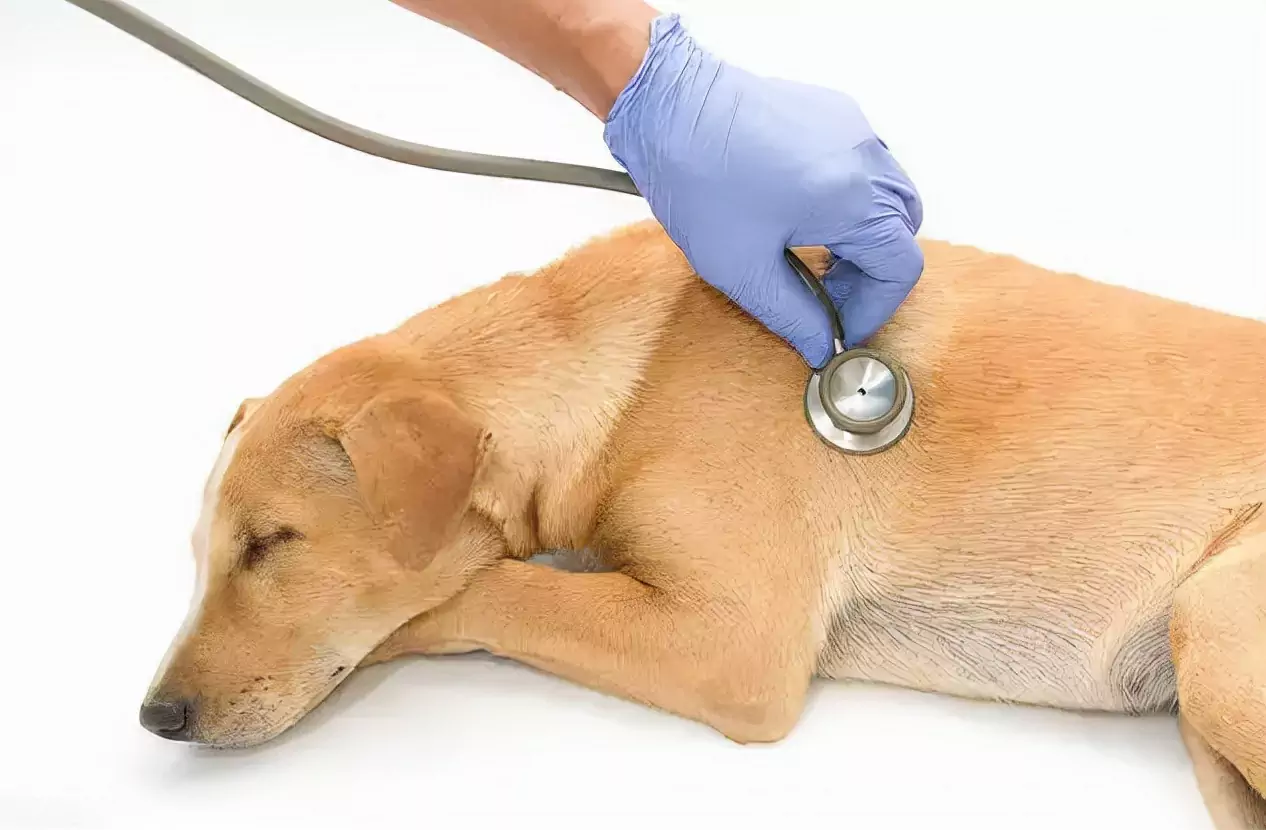Can dogs eat mushrooms? What is the nutrition of giving mushrooms to dogs
2022-06-17
Can dogs eat mushrooms
Dogs can eat mushroom food, such as mushrooms, shiitake mushrooms, flat mushrooms, enoki mushrooms, etc., which are currently available in the market. However, try not to feed your dog mushroom food in general, so that your dog does not get into the habit of eating mushroom food and accidentally eating poisonous mushrooms while playing outside, which can lead to poisoning. If your dog is poisoned by accidentally eating poisonous mushrooms, it is recommended to immediately instill soapy water or diluted hydrogen peroxide to induce vomiting and take your dog to the hospital for treatment.
What is the nutrition of mushrooms for dogs
Beta-glucan
Beta-glucans are a type of dietary fiber, and they can act directly on the immune cells inside the intestine. Because they have such properties, they are specifically shown to improve the immune system of dogs and also promote detoxification. They are good for protecting the health of dogs and fighting cancer and are generally found only in mushrooms, barley, and other ingredients.
Vitamins
The body of mushrooms contains vitamin B1, B2, and ergocalciferol, which can interact with ultraviolet light and turn into vitamin D. These nutrients are essential for maintaining the daily life of dogs. These nutrients are needed to maintain the daily life of your dog. Of course, care should be taken to give them in moderation and not in excess.
Dietary fiber
Mushrooms contain a lot of dietary fiber, which can effectively improve the gastrointestinal environment and promote intestinal peristalsis. Of course, this is the culprit that can lead to the misconception that dogs will get diarrhea if they eat mushrooms.
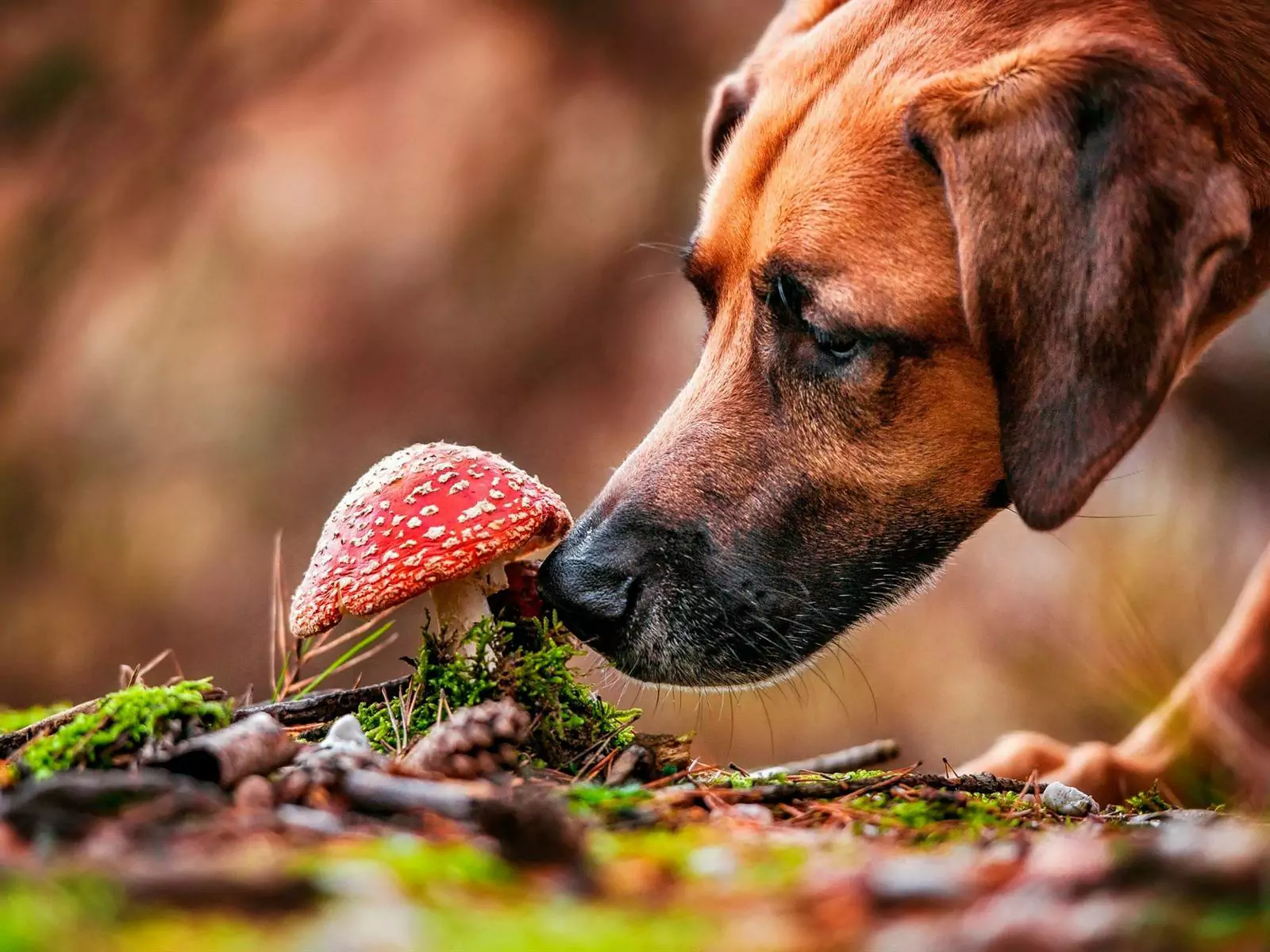
Cautions for feeding mushrooms to your dog
Feed them in moderation
Although dogs are omnivores, their gut is not as strong as they think it is for digesting dietary fiber, and if owners feed their dogs too many mushrooms, they may experience a gastrointestinal reaction. Because each dog's gastrointestinal condition is different, there is no set standard for how much should be fed.
Don't give raw
If you want to give your dog mushrooms, then it is recommended that you cook them first. During the cooking process, the high temperature will kill some of the germs, thus protecting the dog's health.
Do not give your dog wild mushrooms
No one can say they know all the mushrooms, in the wild, and what kind of mushrooms may contain toxicity. Some may be harmless to humans, but they can make dogs suffer. So, as much as possible to avoid dogs eating wild mushrooms such things happen. If your dog eats a wild mushroom when you are not looking, and becomes unwell. Contact your vet as soon as possible and describe the type of mushroom or bring a sample if possible.
Mushrooms can be used to make dog food
Some dogs may not have much interest in mushrooms, so it is usually recommended to add them to homemade dog food. Chop it up and cook it together. Of course, if you only give mushrooms, it is generally recommended to feed shiitake mushrooms, because the aroma is heavier to arouse the dog's interest.
Of course, for dogs, although the nutritional value of mushrooms is very high. If the dog likes it, the owner can feed it in moderation. If the dog is not interested, the owner should not force them to eat. After all, it is important to like and have fun.
Can dogs eat wild mushrooms
Imagine a scenario where you take your dog for a walk in the park after the rain, your dog sniffs around on the ground with his nose and you don't care, then you see him stop and he is eating, you run over and see that he is eating a wild mushroom. When you see this situation, if your first reaction is to rush to grab the mushroom and throw it away and be afraid that it is poisonous, then it means that you still have some common sense.
Some people think: that dogs have a keen sense of smell, animals have some instinctive reaction to danger, and they should be able to distinguish the toxic smell themselves, so as to avoid their own accidental consumption of poisonous mushrooms.
In fact, this is far from the truth. Dogs are not very discerning when it comes to toxic mushrooms, and you often see stories about dogs getting poisoned from eating mushrooms.
Which wild mushrooms are poisonous to dogs
Although a good portion of mushrooms is non-toxic to both humans and dogs, because there are so many different kinds of mushrooms and it is difficult for the average person to distinguish whether they are poisonous or not, we recommend that all wild mushrooms be considered potentially poisonous.
And many poisonous mushrooms, such as gooseberries and other toxic mushrooms, can also give off a fishy smell, and this smell is particularly attractive to dogs, which can lead to dogs actively looking for wild mushrooms.
Below we list some of the toxic mushrooms that are often eaten by dogs by mistake.
Gooseberry mushrooms
Angel of Death mushroom
Yellow Cap Gooseberry
Poisonous Flycatcher
False morel mushroom
White Frost Cup Umbrella
What are the symptoms of mushroom poisoning in dogs
Symptoms of mushroom poisoning in dogs depend on the type of mushroom. Certain mushroom species contain different toxins that can affect dogs differently.
For example, gooseberry mushrooms contain gooseberry toxins. These can cause severe gastrointestinal symptoms followed by liver failure, acute kidney damage, and death.
Frosty cupped mushrooms can cause salivation, tearing, increased urination, diarrhea, and neurological symptoms.
Other types of toxic mushrooms can also cause tremors and seizures, while the false morel can cause profuse vomiting and diarrhea, but is usually not fatal.
Some types of mushrooms only cause gastrointestinal distress, and while these mushrooms are rarely life-threatening, it can be difficult to determine the type of mushroom that was accidentally ingested based on early symptoms.
Below we list some common symptoms of mushroom poisoning in dogs to help you make a determination.
Vomiting
Diarrhea
Drooling
Weakness
Lethargy
Ataxia (wobbly gait)
Coma
Seizures
Liver failure
Jaundice
Abdominal pain
Death
The toxic effects of mushrooms also depend on any underlying illnesses your dog may have, or the combination of substances that were accidentally ingested.
Treating mushroom poisoning in dogs
The vet's treatment plan for mushroom poisoning depends on the type of mushroom, the symptoms, and when the mushroom was recently ingested by mistake.
If you have access to a mushroom sample, it is best to wrap it in a wet paper towel and store it in a paper bag, bring it to your veterinarian as this will help him determine the best treatment plan for the specific toxin.
If the dog has ingested the mushrooms for a short period of time, then the vet will first induce vomiting and in some cases use medication to counteract the toxins in order to achieve control of the symptoms of poisoning, but of course, the dog may fall into a non-fatal coma at this time.
Can dogs eat common mushrooms that are available in supermarkets?
Wild mushrooms, whether for people or for dogs, are likely to be at risk of poisoning, but the mushrooms we buy in supermarkets or grocery stores, such as the common shiitake mushrooms and flat mushrooms, can these dogs eat?
Generally speaking, these mushrooms are safe for dogs and can certainly be eaten.
But the problem is that human cooking out of the mushroom cuisine, generally not just mushrooms, we may also be seasoned inside, plus a variety of seasonings, such as salt MSG, adding these seasonings to the mushrooms for dogs is not healthy food.
Edible oils, butter, seasonings, and certain vegetables, such as garlic and onions, can be harmful to dogs. So we do not recommend feeding mushroom dishes directly to dogs in this case either, and mushrooms are not needed in a dog's diet.
#
Mushroom
#ingestion
#poisoning
#symptoms
#toxicity
#Amanita
#dietary fiber
#pet doctor
#gastrointestinal
Was this article helpful to you?
Other links in this article
Comments

Is a dog's mouth cleaner than a human's? Dogs' mouths need regular cleaning
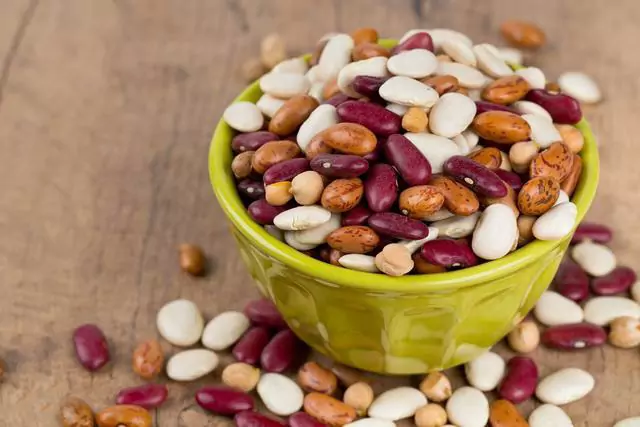
Can dogs eat beans? Do dogs eat beans for health?

Can dogs eat lemons? Fruits that dogs should not eat more of

Do dogs have nightmares? Are dogs' dreams similar to humans'?
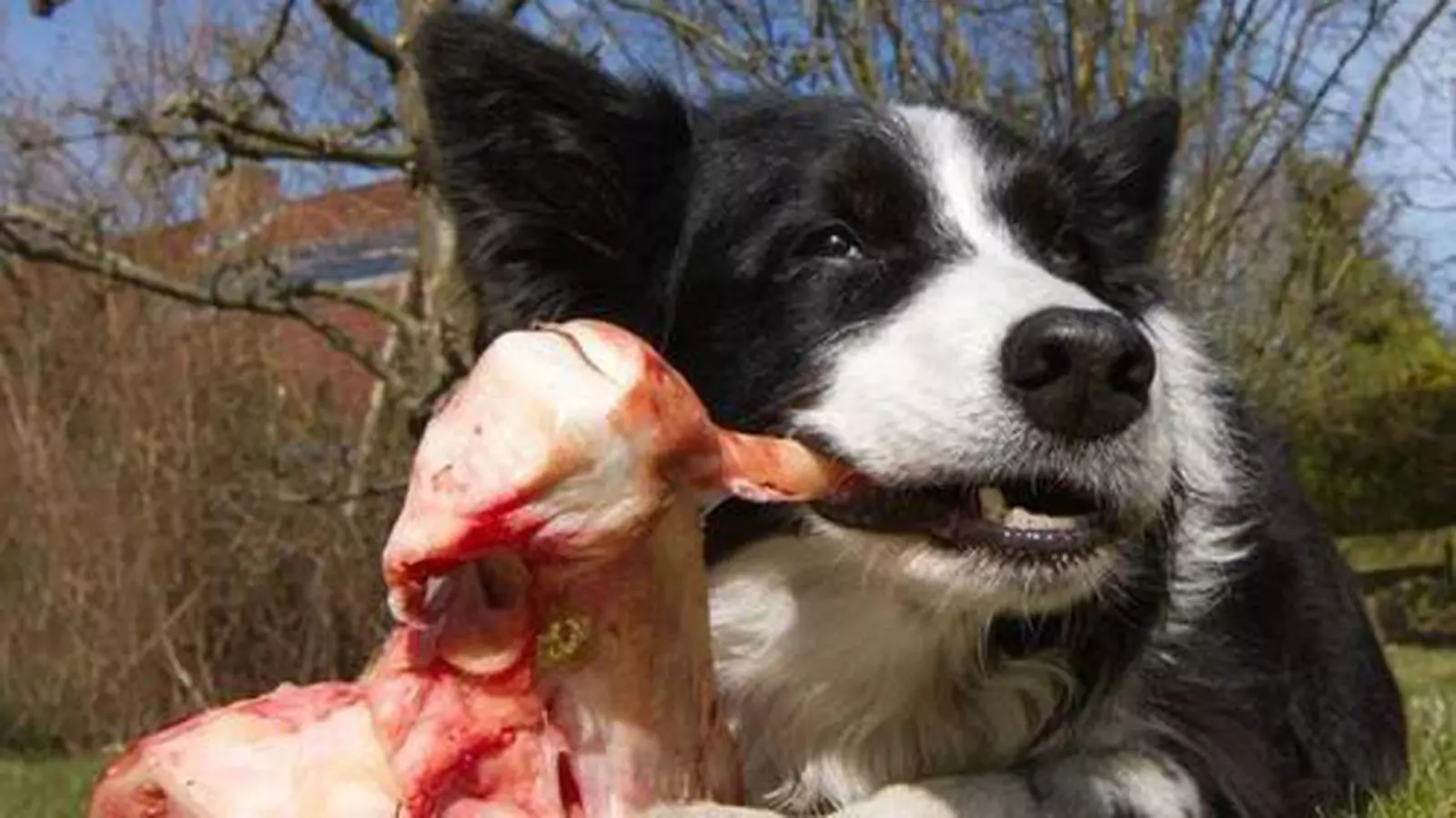
Can dogs eat raw beef? The benefits and drawbacks of beef for dogs

Is raw meat good for dogs? Can dogs eat raw chicken?
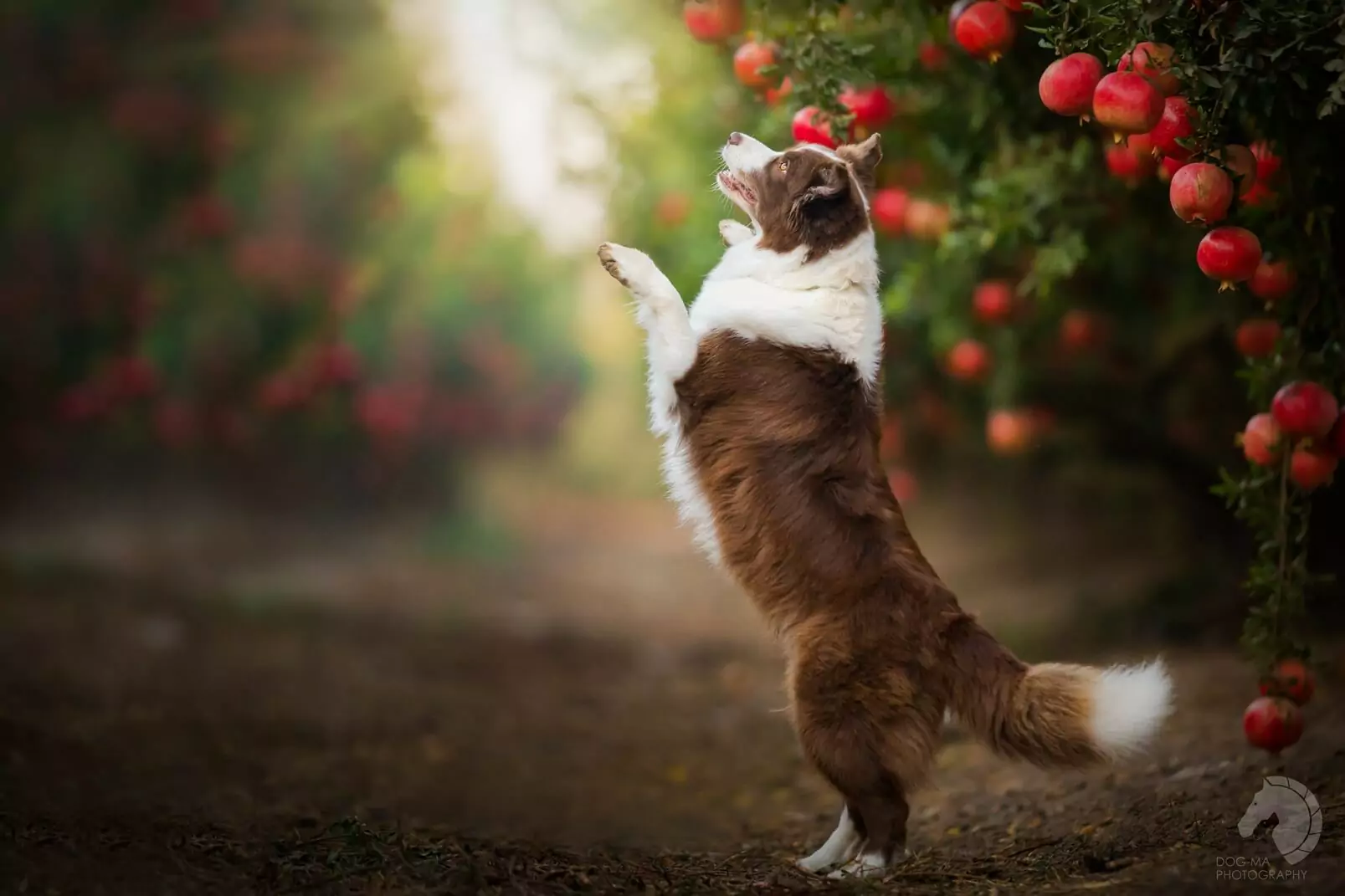
Can dogs eat pomegranates?

Can dogs eat ham?Can all types of ham hocks be eaten?

How to give a dog a bath

Can dogs eat kimchi?










